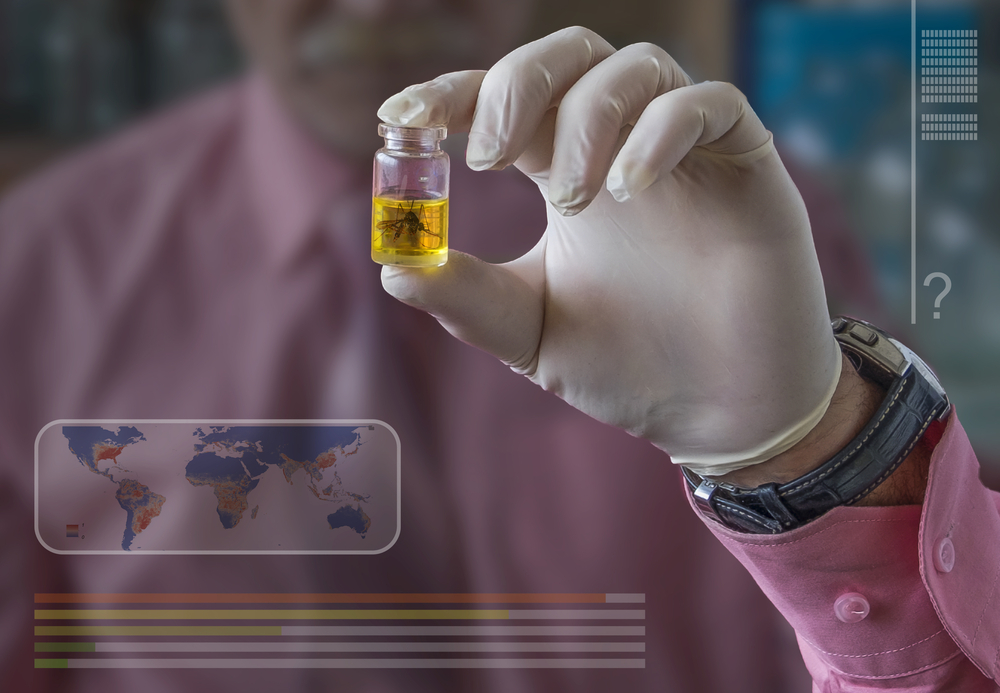
The U.S. Department of Health and Human Services (HHS), through its Office of the Assistant Secretary for Preparedness and Response (ASPR), recently entered into an $8.9 million agreement with Tarrytown, New York-based Siemens Healthineers to develop a new diagnostic test for Zika virus.
Rick Bright, director of ASPR’s Biomedical Advanced Research and Development Authority (BARDA), said the new test would greatly enhance domestic testing capacity and speed the availability of test results.
The test, called the ADVIA Centaur Zika IgM Assay, is expected to produce a result in under one hour. Siemens’ contract with ASPR covers the development, manufacture and clinical studies to support the test’s clearance by the U.S. Food and Drug Administration (FDA). Should the test prove to be effective, HHS said the it could become available at approximately 2,000 testing centers nationwide.
The serological test diagnoses the virus by sensing immunoglobulin (IgM) antibodies produced as part of the body’s immune response to infection. Typically, the body produces IgM within two weeks of infection and continues for up to three months afterwards.
Zika virus is typically transmitted by the Aedes aegpyti species mosquito and sexual contact. Symptoms in most cases involve joint pain, fever, rash, and headaches. More severely, the virus has been linked to microcephaly of the fetus in pregnant women and Guillain-Barré syndrome. Approximately one in five people infected with the virus develop symptoms of any kind, making it difficult to diagnose without new diagnostic tools.
In recent months, BARDA has supported the development of Zika vaccines, blood screening tests, and pathogen reduction technologies with a variety of private sector partners.

